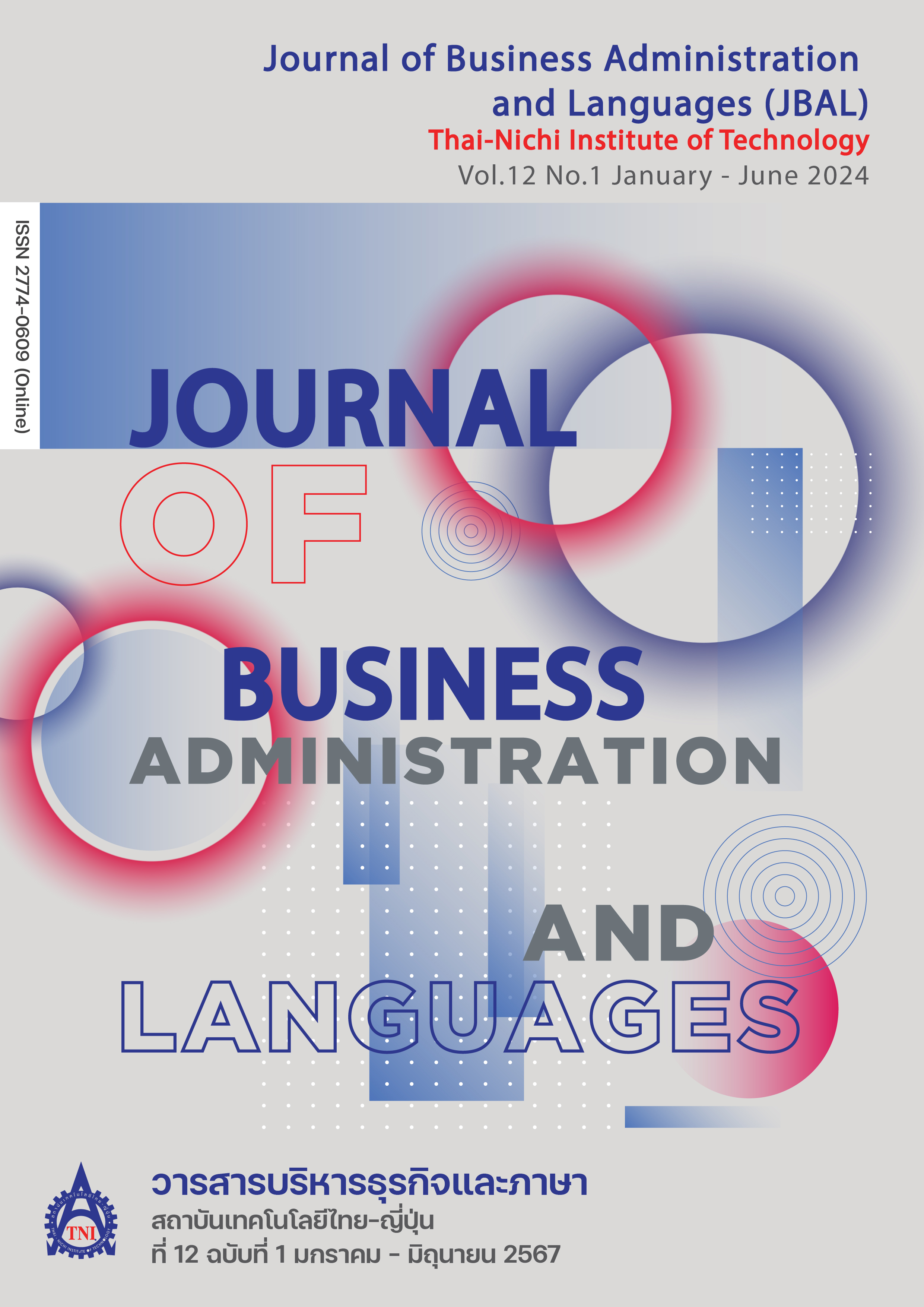Investigating Effective Error Correction Strategies Employed by Teachers in Enhancing Students' Writing Skills at the Higher Education Level
Main Article Content
Abstract
The study aimed to investigate the strategies employed by higher education teachers to correct errors and enhance students' writing and language proficiency. Despite the limited literature on this topic in higher education, qualitative methods such as interviews and classroom observations were utilized to delve into teachers' perspectives. The findings underscored teachers' preferences for specific error correction approaches, consideration of individual student needs, and the delicate balance between providing corrective feedback and positive reinforcement. Identified challenges in implementing these strategies, including time constraints, balancing correction with content instruction, and addressing diverse language proficiency levels, were common. Recommended pedagogical practices center around student-centric and reflective approaches, encompassing timely and constructive feedback, a balanced integration of correction with content instruction, differentiation based on individual needs, and the promotion of self-correction skills. Moreover, the integration of peer feedback, scaffolded error correction, and continuous professional development were highlighted as crucial elements for enhancing effective teaching practices.
Article Details

This work is licensed under a Creative Commons Attribution-NonCommercial-NoDerivatives 4.0 International License.
Article Accepting Policy
The editorial board of Thai-Nichi Institute of Technology is pleased to receive articles from lecturers and experts in the fields of business administration, languages, engineering and technology written in Thai or English. The academic work submitted for publication must not be published in any other publication before and must not be under consideration of other journal submissions. Therefore, those interested in participating in the dissemination of work and knowledge can submit their article to the editorial board for further submission to the screening committee to consider publishing in the journal. The articles that can be published include solely research articles. Interested persons can prepare their articles by reviewing recommendations for article authors.
Copyright infringement is solely the responsibility of the author(s) of the article. Articles that have been published must be screened and reviewed for quality from qualified experts approved by the editorial board.
The text that appears within each article published in this research journal is a personal opinion of each author, nothing related to Thai-Nichi Institute of Technology, and other faculty members in the institution in any way. Responsibilities and accuracy for the content of each article are owned by each author. If there is any mistake, each author will be responsible for his/her own article(s).
The editorial board reserves the right not to bring any content, views or comments of articles in the Journal of Thai-Nichi Institute of Technology to publish before receiving permission from the authorized author(s) in writing. The published work is the copyright of the Journal of Thai-Nichi Institute of Technology.
References
Bitchener, J., & Ferris, D. R. (2012). Written Corrective Feedback in Second Language Acquisition and Writing. New York, NY: Routledge.
Bundit Anuyahong. (2012). English writing techniques based on metacognitive knowledge used by technical and business students: A case study of Thai-Nichi Institute of Technology. Proceedings of International Conference on Educational Research 2012: Challenging Education for Future Change (pp. 155–167). Khon Kaen, Thailand: Anna Offset.
Bundit Anuyahong. (2014). The six English writing strategies of undergraduate students in Thailand: A case of Thai-Nichi Institute of Technology. Proceedings of the 6th International Conference on Language and Communication. 46–78. Retrieved from https://www.researchgate.net/publication/322853693
Bundit Anuyahong. (2018). Using Facebook based on constructivist teaching method to develop English writing dexterity of undergraduate students in Thailand. Proceedings of 5th International Conference on Business and Industrial Research (ICBIR). 639–643. doi:10.1109/ICBIR.2018.8391277
Bundit Anuyahong. (2021). The development of intensive English research writing training model to encourage international publishing for university lecturers. Turkish Journal of Computer and Mathematics Education, 12(14), 5374–5382.
Cho, K., & MacArthur, C. (2010). Student revision with peer and expert reviewing. Learning and Instruction, 20(4), 328–338.
Ellis, R. (2009a). A typology of written corrective feedback types. ELT Journal, 63(2), 97–107.
Ellis, R. (2009b). Corrective feedback and teacher development. L2 Journal, 1(1), 3–18.
Ferris, D. R. (2002). Treatment of Error in Second Language Student Writing. Ann Arbor, MI: University of Michigan Press.
Ferris, D. R. (2004). The “grammar correction” debate in L2 writing: Where are we, and where do we go from here? (and what do we do in the meantime …?). Journal of Second Language Writing, 13(1), 49–62.
Ferris, D. R. (2010). Second language writing research and written corrective feedback in SLA: Intersections and practical applications. Studies in Second Language Acquisition, 32(2), 181–201.
Ferris, D. R. (2014). Responding to student writing: Teachers' philosophies and practices. Assessing Writing, 19, 6–23.
Ferris, D. R., & Kurzer, K. (2019). Does error feedback help L2 writers?: Latest evidence on the efficacy of written corrective feedback (2nd ed.). In K. Hyland & F. Hyland (Eds.), Feedback in Second Language Writing: Contexts and Issues (pp. 106–124). New York, NY: Cambridge University Press.
Flower, L., & Hayes, J. R. (1981). A cognitive process theory of writing. College Composition and Communication, 32(4), 365–387.
Hyland, K., & Hyland, F. (2006). Feedback on second language students' writing. Language Teaching, 39(2), 83–101.
Liu, Q., & Brown, D. (2015). Methodological synthesis of research on the effectiveness of corrective feedback in L2 writing. Journal of Second Language Writing, 30, 66–81.
Liu, J., & Hansen Edwards, J. G. (2002). Peer Response in Second Language Writing Classrooms. Michigan, MI: University of Michigan Press.
Richards, J. C., & Lockhart, C. (2020). Reflective Teaching in Second Language Classrooms. New York, NY: Cambridge University Press.
Sheen, Y. (2007). The effect of focused written corrective feedback and language aptitude on ESL learners' acquisition of articles. TESOL Quarterly, 41(2), 255–283.
Truscott, J. (1996). The case against grammar correction in L2 writing classes. Language Learning, 46(2), 327–369.
Truscott, J. (2007). The effect of error correction on learners' ability to write accurately. Journal of Second Language Writing, 16(4), 255–272.


